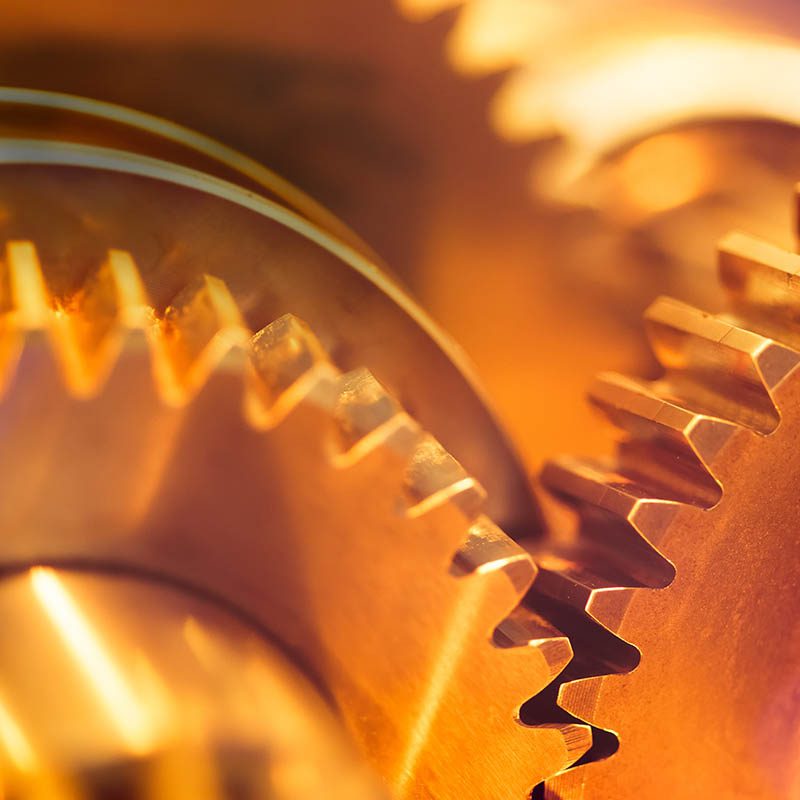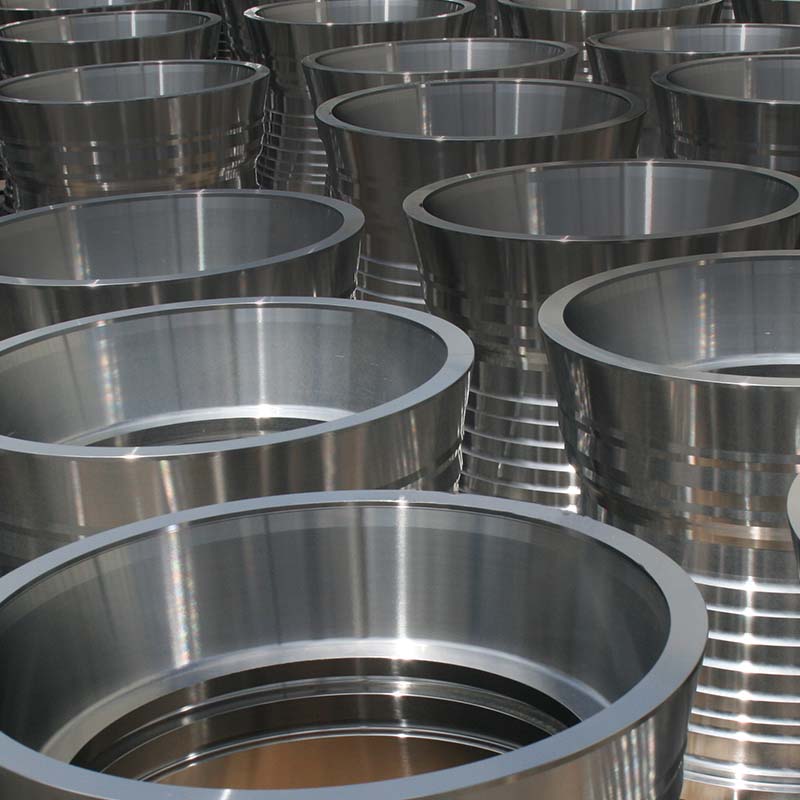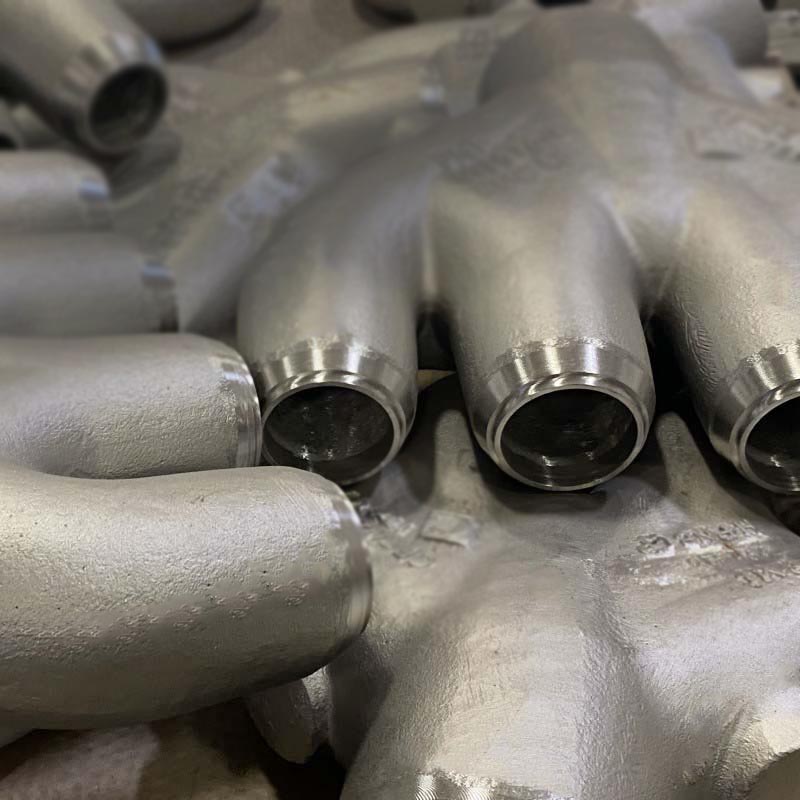Overview
CB7Cu-2, also known as MetalTek Grade 15-5 PH or J92110, is a high-strength martensitic stainless steel that offers a compelling combination of strength and corrosion resistance. With approximately 15% chromium and 5% nickel, this alloy surpasses the corrosion resistance of typical 400-series martensitic stainless steels while providing exceptional strength. The "PH" in its designation stands for precipitation hardening, a heat treatment process that significantly enhances its mechanical properties. CB7Cu-2 is known for its ability to withstand high stresses and resist corrosion in demanding environments, making it a valuable choice for applications requiring a balance of strength, durability, and corrosion resistance.
Typical Uses
Aerospace, chemical and food processing equipment, cylinders, gears, hollow shafts, landing gears, marine gas turbine, nuclear flow control, pump and valve components, pressure vessels, shaft sleeves, turbine engine parts.
MetalTek Grade
15-5 PH®
Poured At:
Carondelet Division, Sandusky International Division, Wisconsin Centrifugal Division, Wisconsin Investcast Division
* Produced under license of AK Properties / ARMCO Advance Materials Corp.
Similar Specifications
Cast UNS: J92110
Wrought UNS: S15500
Wrought Grade: 15-5 PH®
Cast Grade: CB7Cu-2
Cast ASTM: A747
Military/AMS: AMS 5348
* AMS specifying centrifugal casting.
Typical Chemical Composition (% by wt.)
Aluminum: n/a
Carbon: 0.07
Chromium: 14-15
Manganese: 0.7
Iron: n/a
Copper: 2.5-3.2
Nickel: 4.5-5.5
Lead: n/a
Tin: n/a
Silicon: 1
Zinc: n/a
Other: Nb 0.15-0.35
Minimum Mechanical Properties
Heat Treatment: Solution Anneal And Age
NOTES: Properties vary with heat treatment.
Frequently Asked Questions
PH stands for ‘precipitation hardening’, a heat treatment process that increases strength by forming fine particles within the steel matrix.
Precipitation hardening stainless steel is a corrosion-resistant alloy strengthened by heat treatment that promotes the formation of fine precipitates. When fully hardened, PH steels can deliver high strength to weight ratios.
Precipitation hardening stainless steel is used in aerospace components, nuclear reactor parts, high-strength fasteners, and turbine blades due to their excellent strength and corrosion resistance.
Benefits include a combination of high strength, good corrosion resistance, and the ability to be hardened after fabrication.
It involves solution treatment, quenching, and aging to form fine precipitates that strengthen the alloy without compromising corrosion resistance.
Common PH grades include 14-4PH, 15-5PH, and 17-4PH, known for high strength and moderate corrosion resistance in aerospace and nuclear applications.
PH stainless steel offers better corrosion resistance and toughness than martensitic steel and achieves higher strength through aging rather than quenching.



